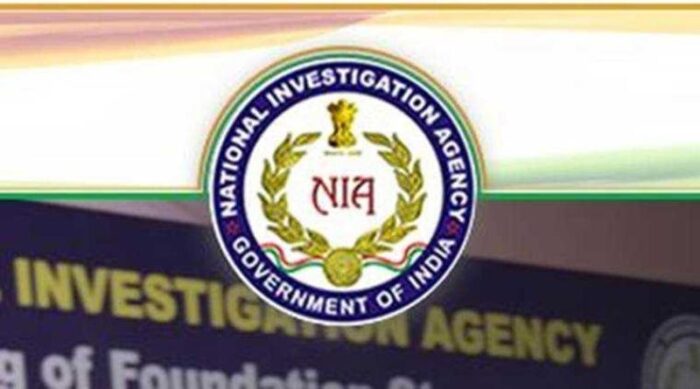New Delhi: Increasing the role of informal channels such as direct cooperation between police and agencies of various countries, challenges in obtaining information from abroad and role of Interpol are among some of the key topics discussed by law enforcement agencies during the three-day long National Conference on Vigilance and Corruption last week, people familiar with the developments said.
In a session chaired by Union home secretary Ajay Kumar Bhalla, government agencies discussed that the rising spectre of transnational crimes including cases of corruption with international linkages need close cooperation among international community for detection and collection of evidence in foreign jurisdictions.

At least two officials who attended the conference said Indian agencies have been lately exchanging information with police forces or intelligence agencies of various countries on economic offenders, smugglers, cyber criminals and terrorists, and that the process needs further strengthening considering the volume of such cases going high every year. This was one of the key discussions during the conference.
“The formal channel, which involves lot of permissions, takes a lot of time as any request of a police force goes through various bureaucratic stages including ministry of home affairs (MHA) and ministry of external affairs (MEA). Over the years, criminals have taken advantage of delayed information sharing and collection of evidence from foreign soil.
For example, delay in responding to Letter Rogatories (judicial request sent to a foreign jurisdiction) takes years to get information,” said one of the officers cited above. “The informal channel helps solve the crimes faster and provides real time information on organized crimes.
There should be more police to police direct contact,” said this officer. Law enforcement officers from all the states and Union Territories also discussed that there is a need for multi-disciplinary approach in forming “investigative teams” by involving bankers, chartered accountants, forensic analysts etc.


Comments are closed.